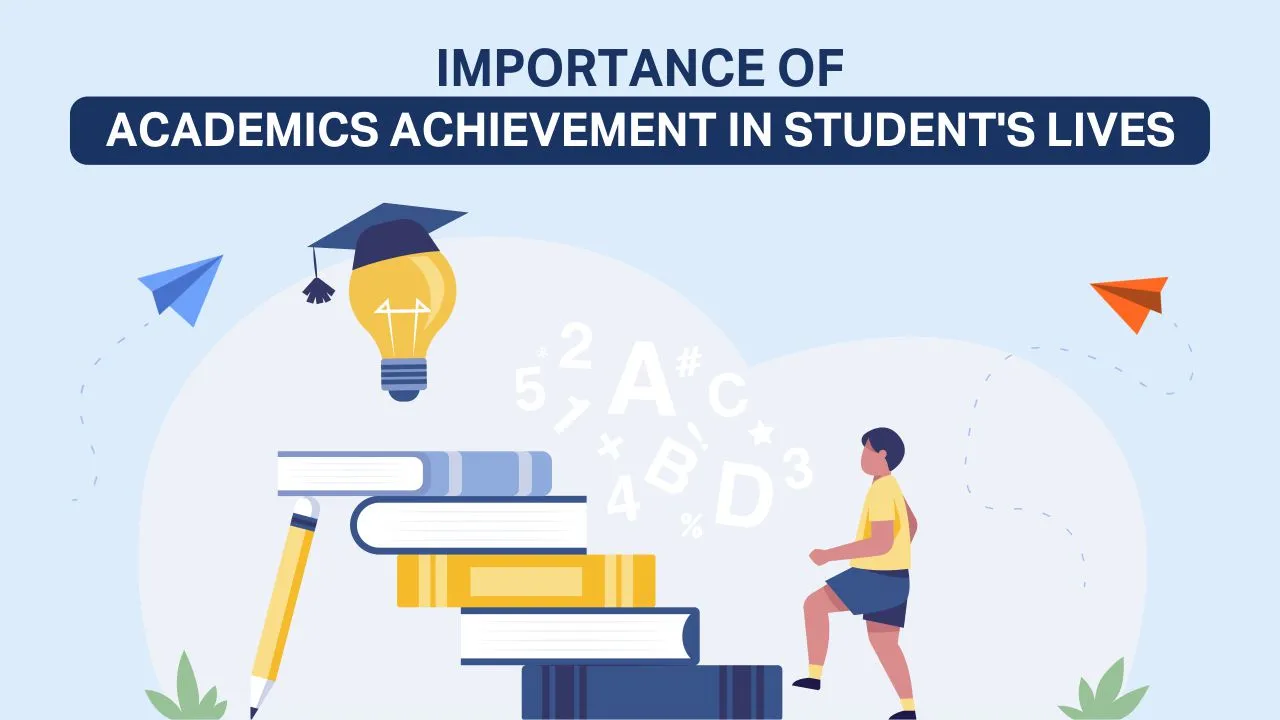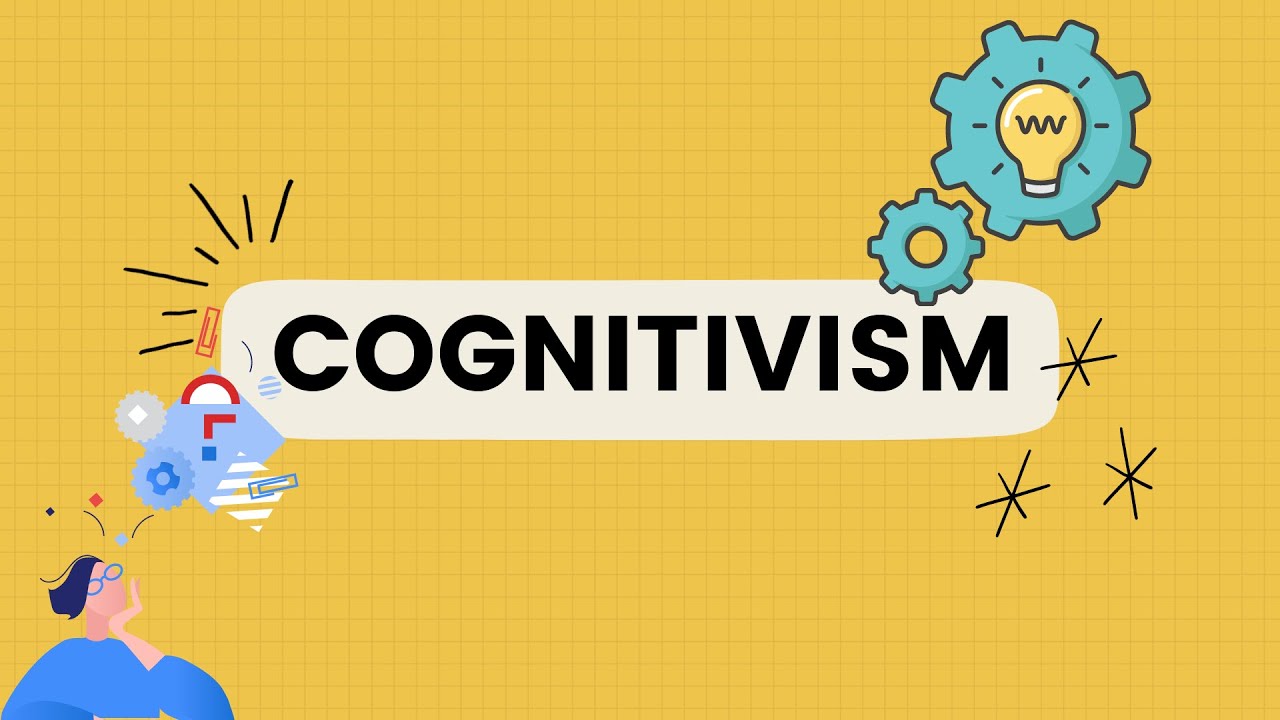Early Childhood Education (ECE) refers to a school system that is open for pre-school children but not quite young enough next grade before first or kindergarten. The building function for everything else!
Why Early Childhood Education Is Important
Cognitive Development: Circuits that support problem-solving, critical thinking and creativity are formed based on early experiences.
ECE and social skills ECE sets the foundation for children to develop important life skills — in both their conduct and language— enabling them to share, empathize, understand feelings and emotions (emotional development), etc. that comes rooted within managing relationships with loved ones or peers as they continue growing up!
Stimulating Language Development: Experience with language rich environments facilitate the learning of language and reading skills.
Physical Development: Early childhood programming supports physical health and the potential in a person for their motor capabilities.
Early childhood education focuses on 4 significant factors
Play-based Learning: Play is a basic means of learning. Play — investigates, tests out and practices to learn necessary skills.
One of the most important components, Teacher-Child Interactions: Quality interactions between teachers and children that support learning are key to developing positive relationships.
Curriculum—a system of courses to be studied in various subjects (e.g., language arts, mathematics, social studies and science)
Parental InvolvementT: It is important to involve parents in the child’s education so that they can help their children learn at home.
UNPACKED: Challenges in ECCE
Teacher Quality: It is imperative that early childhood educators are adequately trained and certified to provide necessary support.
High-Quality Programs: Not All Children Get Them Quality pre-K isn’t available to all children.
Fiscal Policy: Both the federal and state governments should invest in strategies to ensure that all low-income children have access to early education while at their most critical developmental stage without jeopardising current funding for other anti-poverty programs.
Early Childhood Education for the Future
A closer look at early childhood education… The future of EdTech for younger learners continues to be bright with greater focus on their need states!
Technology Integration: When using technology to augment the learning experience.
Data-Driven Instruction: Implementing practices that use data to improve teaching and learning.
Social-Emotional Learning Supports: Developing social and emotional smarts.
Inclusive Education 101: designing welcoming classrooms for all children (regardless of their ability or demographic).



